When it comes to fueling your body for energy, recovery, and overall vitality, protein is a cornerstone nutrient. But with so many options on the market, the real question is: Which type of protein—plant or whey—helps you feel more energetic and perform at your best?
In this guide, we’ll break down the science behind plant and whey protein, compare their benefits, digestibility, and impact on energy levels, and offer simple, evidence-based habits to help you choose the right one for your lifestyle.
Whey protein is derived from milk during the cheese-making process. It’s a complete protein, meaning it contains all nine essential amino acids your body can’t produce on its own. Whey is particularly rich in branched-chain amino acids (BCAAs), especially leucine, which plays a key role in muscle protein synthesis and recovery.
Because of its fast absorption rate, whey protein is often recommended post-workout to help repair muscle tissue and support strength gains. However, some people may experience bloating, gas, or digestive discomfort due to lactose or dairy sensitivity.
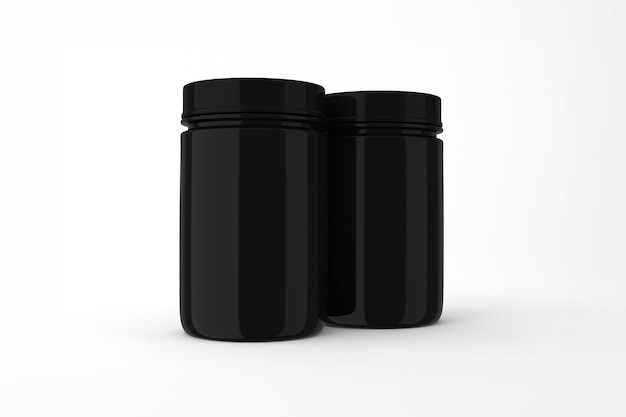
Plant-based proteins are made from sources like peas, brown rice, hemp, soy, and pumpkin seeds. While individual plant proteins may lack one or more essential amino acids, many commercial blends combine multiple sources to create a complete amino acid profile.
Plant proteins are naturally free from dairy and lactose, making them easier to digest for many people. They also tend to be higher in fiber and contain beneficial phytonutrients and antioxidants, which can support gut health and reduce inflammation—factors linked to sustained energy levels.
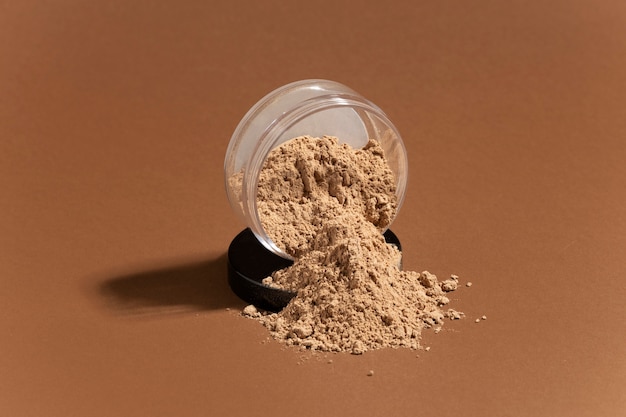
Energy doesn’t just come from calories—it’s influenced by digestion, nutrient absorption, blood sugar balance, and inflammation levels.
Regardless of your protein choice, these evidence-backed habits can help you feel more energetic:
Incorporate these quick daily practices:
There’s no one-size-fits-all answer. Consider these factors:
Ultimately, the best protein is the one that aligns with your health goals, dietary preferences, and how it makes you feel.
Both plant and whey protein can support energy, muscle health, and overall well-being. Whey excels in fast absorption and BCAA content, while plant protein offers gentler digestion and added fiber. By choosing clean formulations and pairing them with smart daily habits, you can harness the power of protein to feel more energized—naturally.

Wellness

Wellness

Wellness

Wellness

Health
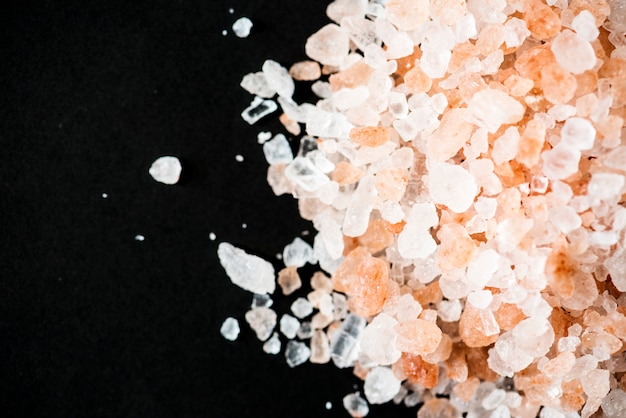
Health

Health
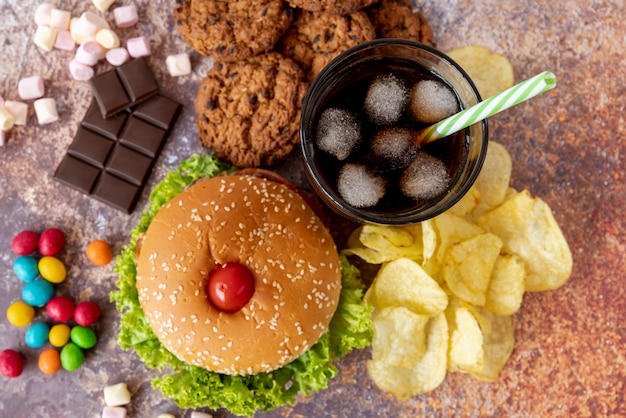
Health

Health
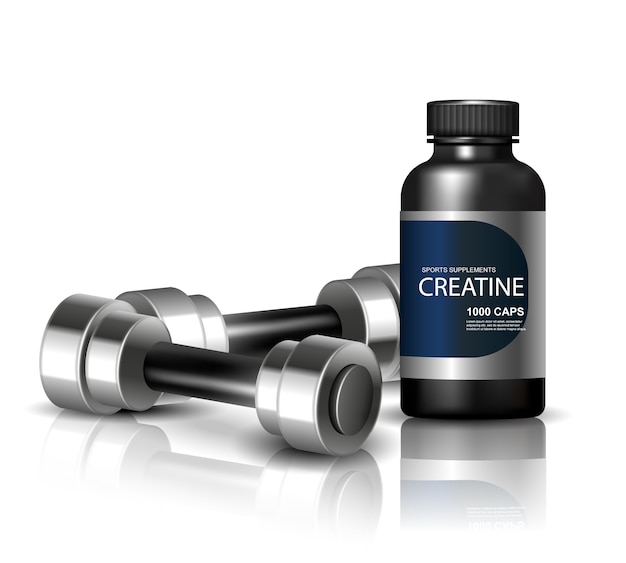
Wellness
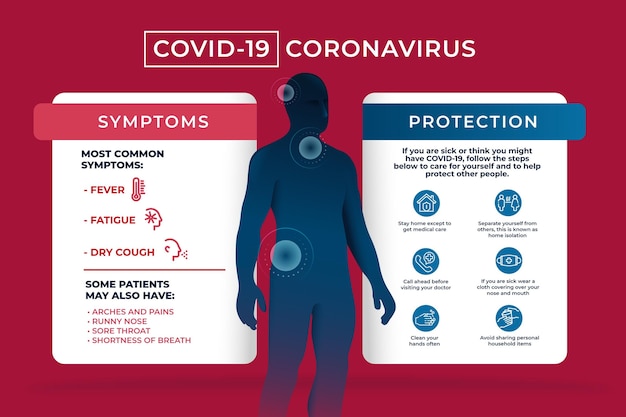
Health

Fitness

Health

Fitness

Health

Health